The only good thing about reading far fewer books this year than last year is that it was much easier to pick favorites.
I only read 30 books in 2020 (compared to 55 in 2019). My mind just wasn’t there this year. Life and work seemed busier too, but it was probably just because almost everything about 2020 was overwhelming, depressing, and distracting—which apparently does not make for a great reading environment for me.
Anyway, the standout star books were obvious. Here are my six favorite reads of 2020 (in no particular order).
1. The Seven Husbands of Evelyn Hugo by Taylor Jenkins Reid
Genre: Fiction
I can’t describe this book much without giving away some of the twists that made it interesting, but I loved it and couldn’t put it down. When I finished reading it in June 2020, I told some friends that it was “fiction done right.” It made me feel so deeply that I even cried—and I don’t cry much—earning a rare spot on my cried shelf. It was hard to get into other fiction after I read it because not much else could stand up to how well-written I thought it was, which might explain why almost all of the rest of my favorites are nonfiction.
2. The Autobiography of Malcolm X by Malcolm X and Alex Haley
Genre: Nonfiction – Autobiography/Memoir
I can’t believe that I put off reading this classic for so long and I can’t imagine any autobiography doing a better job of detailing one man’s life, work, and transformation as this one did. I’m always hesitant to read long books and it took me a month to finish this almost 500-pager. But it was well worth my time. Anything I could say about how gripping and brilliant this book is and what an incredible life Malcolm X lived would be a gross understatement.
3. The Liturgy of Politics by Kaitlyn Schiess
Genre: Nonfiction – Politics/Christian Living
This one surprised me by not disappointing me. I’ve always been interested in politics and in this election year, I was drawn to reading more about a Christian approach to politics. Like many, I’ve grown increasingly frustrated with the troubling relationship between evangelicalism and politics. But other books I picked up and articles I read on this topic didn’t go deep enough and missed their opportunity to use this long-form medium to detail the nuances that don’t translate as well through social media and articles. The Liturgy of Politics actually has depth, and draws biblical, sensible connections between spiritual formation and political engagement.
4. Salvage the Bones by Jesymn Ward
Genre: Fiction – Contemporary, Southern, African American
This was just so, so good. And by “good,” I mean distressing, brutal, moving, and Jesmyn Ward at her best. Before I even finished it, I knew it was easily in the top three best books I’d read this year. It covered a family’s preparation for Hurricane Katrina through the eyes of a pregnant fourteen-year-old in such stirring detail. It set palpable scenes with themes of poverty, alcoholism, and both heartwarming and troubled family bonds. It’s the kind of book you escape into. And although it was a rough ride, Salvage the Bones left me impressed with not only its excellent prose and character development but the way it made me feel many things deeply. I closed it at the end and said, “Wow.” I was already a big fan of Jesmyn Ward but Salvage the Bones is now my favorite by her.
5. Here For It by R. Eric Thomas
Genre: Nonfiction – Essays
Here For It was another surprise. I didn’t expect to love it as much as I did. To put it simply, it’s a memoir-in-essays and it’s hilarious. I laughed out loud many times and enjoyed reading about Thomas’ journey. He wrestled with questions of faith, sexuality, adulthood, Blackness, career, etc. and wrote about it excellently. I can see myself returning to this book for a laugh or for essay writing inspiration.
6. Hood Feminism by Mikki Kendall
Genre: Nonfiction – Essays
Last by not least, yet another surprise. I had no intention to read this book even though I saw all the five-star reviews. Feminism can be such a loaded and controversial term in some of the Christian circles I run in and with this book being what I assumed was about Black women and feminism, I honestly didn’t think I had anything to learn from it. I enjoy controversy and I’m capable of coming to my own conclusions re: faith and feminism, but I just wasn’t interested in the book.
And then a friend of mine raved about it and insisted that I read it. I borrowed her copy and discovered that I hadn’t been more wrong all year. Hood Feminism isn’t exactly about feminism at all. It’s a searing indictment on the mainstream feminist movement and all the many ways it has failed to recognize how many of the issues that affect Black women and our communities disproportionately (food insecurity, access to quality education, medical care, etc.) are feminist issues. It’s not about convicing anyone to wear the feminist label, but about the “glaring blind spot,” as the book’s description calls it, that feminists tend to have when it comes to important social justice issues and their intersection with and impact on Black women. I learned a lot from this brilliant collection.
That’s it!
To see my reviews all year, follow my Bookstagram (books Instagram) account and add me on Goodreads.
To see all the rest of the books I read in 2020, click here.
For my favorite books of 2019, click here.
For my favorite books of 2018, click here.
For my favorite books of 2017, click here.
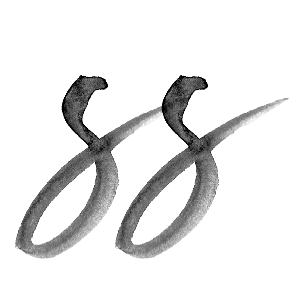
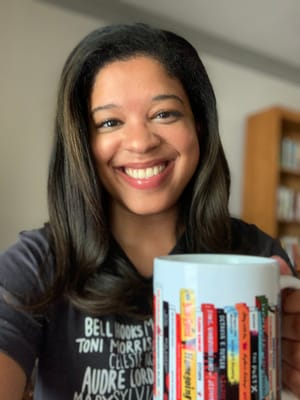
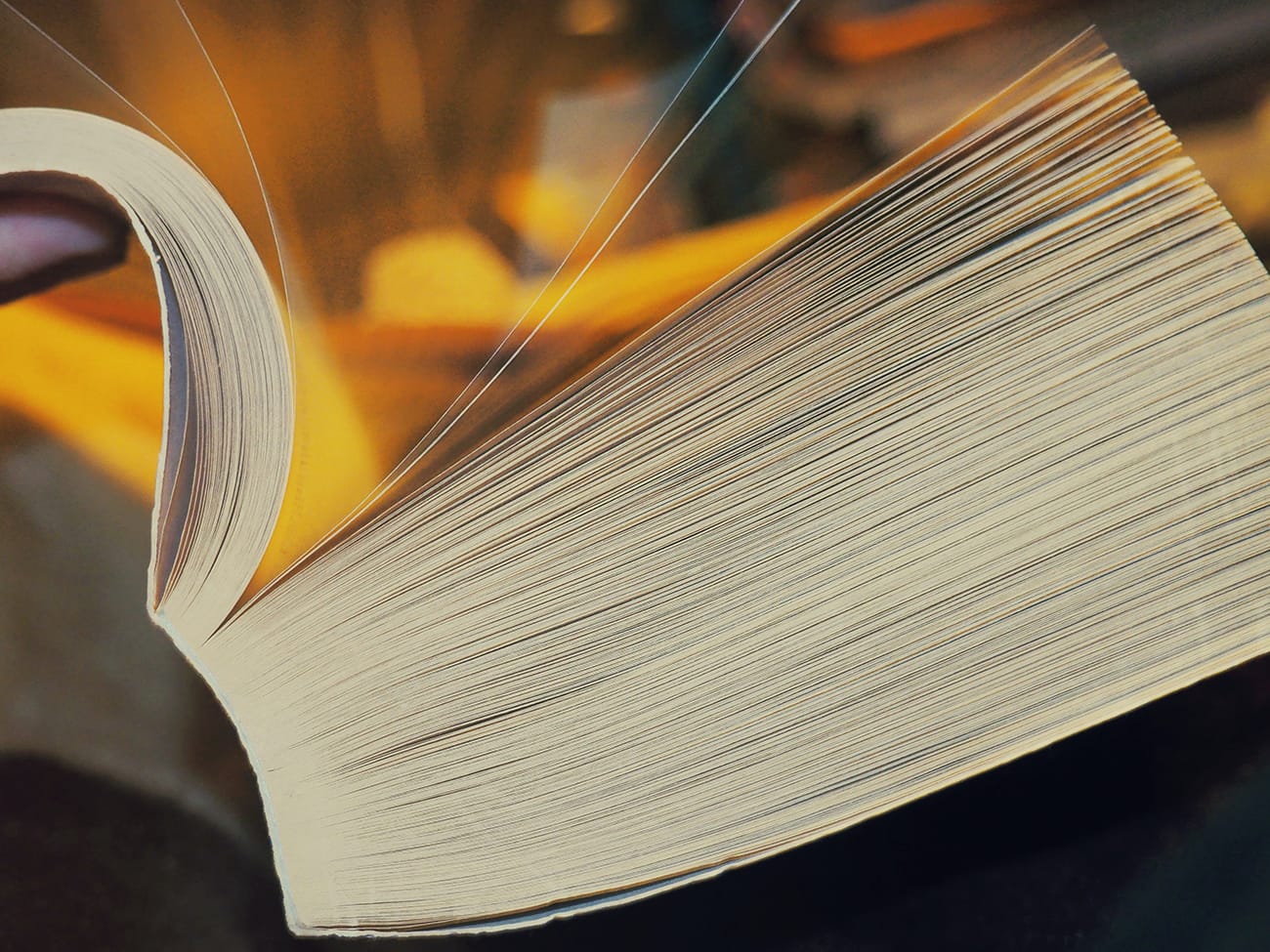
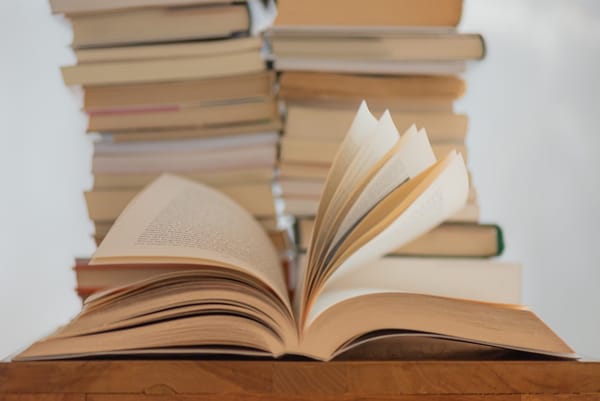

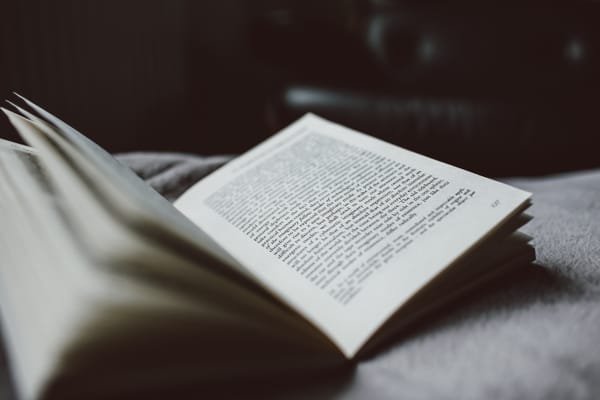
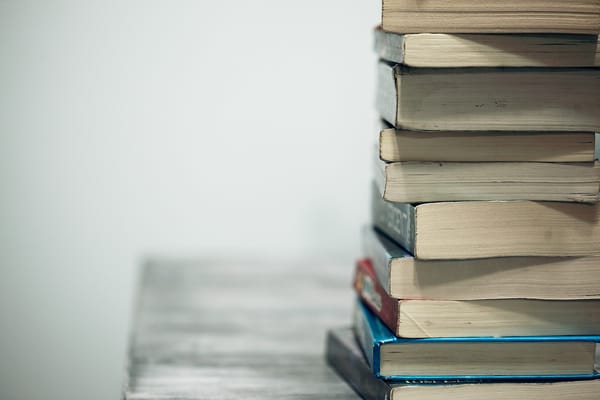
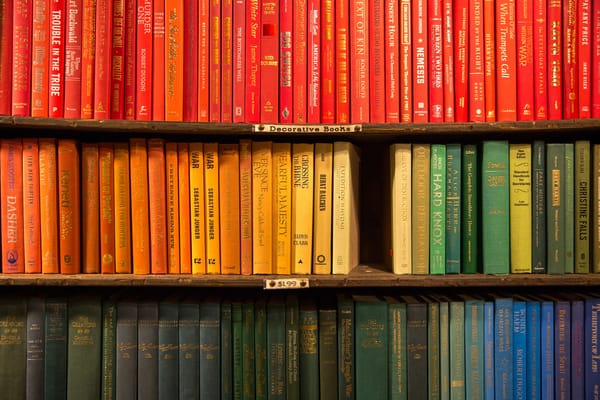
Member discussion